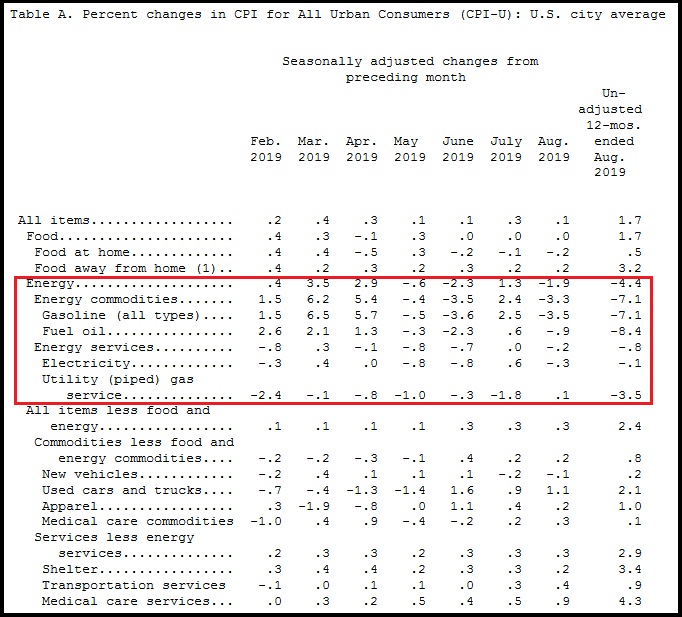Magnus
Diamond Member
- Jun 22, 2020
- 12,327
- 9,557
- 2,138
Mark Cuban joined a number of critics who mocked Donald Trump on Saturday after the Republican presidential nominee’s false claim that imposing tariffs doesn’t “affect our country.”
The former president, in a meandering speech at a campaign rally, pledged to impose tariffs on foreign-made products from China and other countries in order to bring jobs “back home” in an effort to take in “billions and billions of dollars.”
“A tariff is a tax on a foreign country, that’s the way it is, whether you like it or not. A lot of people like to say, ‘Oh, it’s a tax on us.’ No, no, no,” Trump told the crowd at the rally in Wilkes-Barre, Pennsylvania, on Saturday.
He later added, “It’s a tax on a country that’s ripping us off and stealing our jobs. And it’s a tax that doesn’t affect our country.”
Trump has previously pushedthe false claim on tariffs despite multiplemediaoutlets noting that American consumers and industries have bore much of the cost of Trump’s tariffs.
Several economists recently told Newsweek that his tariff proposal would raise prices for U.S. consumers and that such a plan would hurt American companies as well.
Trump Mercilessly Mocked Over Frighteningly False Tariff Claim
How can a guy who bills himself as a businessman not know what tariffs are? He not only got tariffs wrong, he also forgot where he was and thought he was in North Carolina! The poor guy is losing it. In more ways than one!
The former president, in a meandering speech at a campaign rally, pledged to impose tariffs on foreign-made products from China and other countries in order to bring jobs “back home” in an effort to take in “billions and billions of dollars.”
“A tariff is a tax on a foreign country, that’s the way it is, whether you like it or not. A lot of people like to say, ‘Oh, it’s a tax on us.’ No, no, no,” Trump told the crowd at the rally in Wilkes-Barre, Pennsylvania, on Saturday.
He later added, “It’s a tax on a country that’s ripping us off and stealing our jobs. And it’s a tax that doesn’t affect our country.”
Trump has previously pushedthe false claim on tariffs despite multiplemediaoutlets noting that American consumers and industries have bore much of the cost of Trump’s tariffs.
Several economists recently told Newsweek that his tariff proposal would raise prices for U.S. consumers and that such a plan would hurt American companies as well.
Trump Mercilessly Mocked Over Frighteningly False Tariff Claim
How can a guy who bills himself as a businessman not know what tariffs are? He not only got tariffs wrong, he also forgot where he was and thought he was in North Carolina! The poor guy is losing it. In more ways than one!




